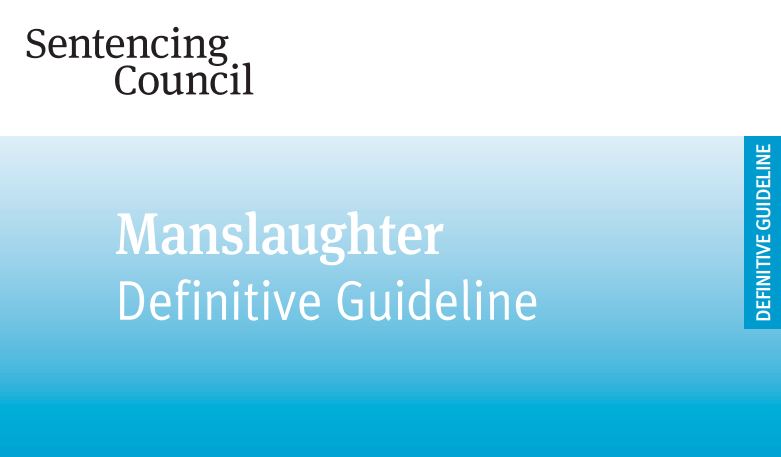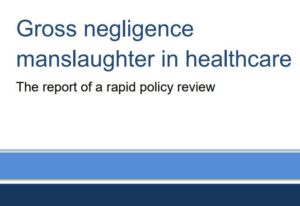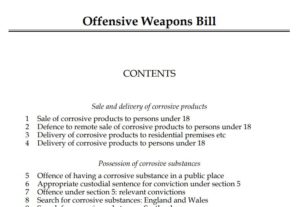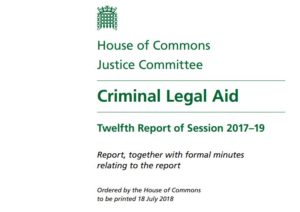All posts by Andrew Wesley/h3>
There is no magic to the phrase no comment. It is simply a device for a suspect to indicate that they have no intention of answering police questions. It allows the police to put questions and the interview to progress easily. An alternative would be to stay mute for the duration of the interview, but that would only prolong matters!
Advice on your decision to answer no comment
The decision whether to answer police questions or make no comment replies in police interview can be a difficult one. There are many different considerations to balance. Since the changes brought in by the Criminal Justice and Public Order Act 1994 many more suspects are advised to answer police questions than previously.
This Act allows Magistrates’ or a jury to draw conclusions from a no comment interview in certain circumstances. There are four conditions, including whether an accused failed to mention a fact later relied on in their defence and whether it was reasonable at the time for the accused to have mentioned this fact in interview or on charge.
Our advice is subject to legal privilege and cannot be disclosed
There is still, however, a place for the no comment interview but you are best advised to seek free and independent legal advice from a specialist solicitor or accredited police station representative before making the decision not to answer questions in police interview. As we are entirely independent of the police any advice suggesting that you reply no comment to police questions will be in your best interests.
Any advice that we give to you and your instructions that allow us to give that advice are confidential and subject to legal privilege. We can only disclose your instructions and our legal advice with your permission.
Your police station representative will always make a note of the instructions that you give, so even if you make ‘no comment’ replies they can give evidence to the court if necessary to show that you haven’t made up a defence once you are charged and papers are served.
Our advice will always be tailored to the circumstances of your case
Our police station advisers know that each case will turn on its own facts. Our advice will balance any risks and benefits to you of a no comment interview. You will be fully advised of the advantages and disadvantages of such a course of action to allow you to make a final decision.
Opportunity for a confidential consultation about the evidence
Before providing advice allowing you to make that decision your legal representative will always seek a confidential discussion with you about the evidence. That will allow them to take your instructions in private and give you advice. It could be that the police choose not to provide the private facilities necessary. That in itself could mean that a full discussion of the allegations is not possible and a no comment interview would be advised.
Your police station solicitor will be alive to factors that might affect whether you should answer questions – these could include youth, mental vulnerability, a hearing or speaking disability, poor command of language, a severe nervous state or other condition.
What if I am guilty of the allegation?
It may be that although you are guilty of the offence the police may not have enough evidence to put before a court to convict you without your admission. There might be concerns about the level of disclosure of evidence from the police which could suggest that the evidence to convict you simply isn’t there. As a suspect is ‘innocent until proven guilty’ you are perfectly within your rights to choose not to answer questions.
Alternatively, it might be that the police do not know the full extent of your offending and answering questions would make matters far worse for you. Again, this would be a valid reason for replying no comment to police questions in interview.
As the caution only talks about inferences rather than any benefit of an early admission, the Court of Appeal has stated that you cannot lose discount for early guilty plea on the basis of a no comment interview.
Our free and independent legal advice will balance these considerations against other concerns that you might have.
If you admit the offences in police interview then you will have the benefit of demonstrating remorse for your offending. True remorse can significantly reduce any sentence that you receive. The greatest demonstration of remorse might be the strongest evidence it is genuine.
Alternatively, an early admission might mean that a prosecution can be avoided and you can be diverted from the court system. To receive a caution or a restorative justice disposal an admission will normally be required from you.
What if I have a defence to the charge? Shouldn’t I tell the police?
There may be a number of reasons why you would choose not to answer questions if you are innocent of the charge. For example
- You may know who the true culprit is but not want to name them
- Your defence might involve admissions to some other damaging or embarrassing conduct but that is not illegal
- We are unable to fully advise you as the police have not given us enough information about your case
- The case is too complex or old to provide an immediate response
Other factors that might be relevant could include:
- Your state of mind at the time of interview. Perhaps you were suggestible or in a state of shock?
- You might be easily confused and liable to make mistakes in your account
- There is a need to refer to information that isn’t to hand in police interview to check an alibi
- We identify that there is some other good reason why you might not come over well in police interview
Our specialist police station advice will include whether there is a good reason for making no comment in interview, including whether a prepared statement should be used instead to control the manner in which the police are told about your defence.
We will advise you as to whether there are likely to be issues of admissibility at court relating to such matters as comment that you have made to the police upon arrest or any informal identification that might mean you should exercise your right to silence.
Always seek our free and independent legal advice in police interview
As you can see there are many factors that affect a decision whether to answer questions in police interview or answer no comment to any questions put. It is vital that you seek our advice which is free of charge before you commit to a decision that could provide the evidence to secure a conviction or lead to problems in any future court case.
A number of other benefits to seeking legal advice can be found here.
We provide nationwide advice and assistance in the police station from our offices across the East Midlands. You can find your nearest office here. Our expert representation is available 24 hours a day, 7 days a week.

Alternatively you can use the contact form below:








